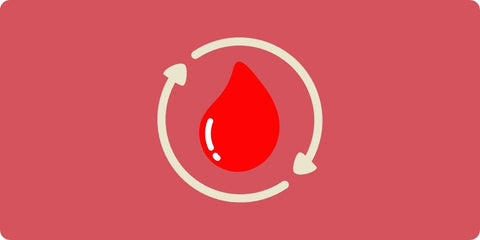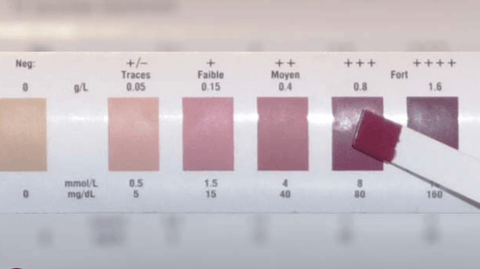The menstrual cycle can have a significant impact on weight and training performance for women, due to the fluctuations in hormone levels that occur throughout the cycle. The menstrual cycle lasts an average of 28 days and is divided into several phases, each with unique hormonal profiles that can influence physical capabilities and energy levels:
- Follicular phase (day 1 to 14) : This phase begins on the first day of menstruation and lasts until ovulation. At the beginning of this phase, estrogen and progesterone levels are low, which can sometimes lead to lower energy. As this phase progresses, estrogen levels rise, often leading to more energy and better performance. Women may feel stronger and experience more endurance during the late follicular phase, just before ovulation.
- Ovulation (about day 14) : At this point, estrogen levels reach their peak, which can give some women a performance boost. However, some may also experience cramps and other discomforts that can hinder performance.
- Luteal phase (day 15 to 28) : After ovulation, the luteal phase begins, during which progesterone levels increase and estrogen levels decrease slightly. This change can lead to symptoms of premenstrual syndrome (PMS), such as bloating, fatigue, and mood swings, which can affect exercise performance. Women may have more difficulty with endurance and strength during this phase.
- Menstruation (days 1 to 5 of the next cycle) : During menstruation, some women may experience cramps, lower back pain and other discomforts that affect their motivation and ability to exercise. On the other hand, some women find that light to moderate exercise can help reduce cramps and improve mood.
Weight changes : Hormonal fluctuations can also lead to temporary weight changes, mainly due to fluid retention and changes in appetite. This is often more pronounced during the luteal phase, when women may feel bloated or notice slight weight gain due to fluid retention.
Recommendations for training
- Listen to your body : Adjust the intensity of the workout based on how you feel.
- Hydration : Stay well hydrated, especially around your period and in the luteal phase when fluid retention can occur.
- Nutrition : Ensure adequate nutrient intake, especially iron and other vitamins and minerals, as menstruation can lead to iron loss.
By understanding how the different phases of your cycle affect you, you can tailor your training and nutrition plans accordingly for optimal results.




